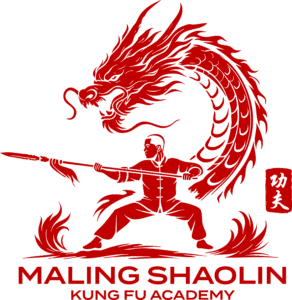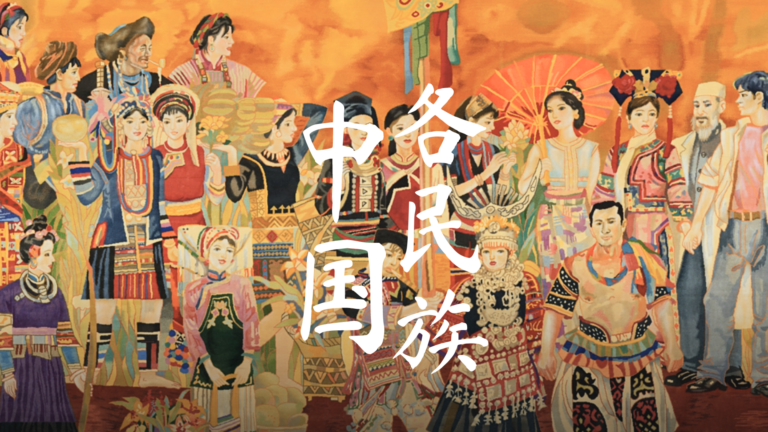The Stance Series: Horse Stance (Ma Bu)

The Horse Stance, or Ma Bu, is one of the most fundamental postures in Shaolin Kung Fu. Often considered the cornerstone of martial arts training, Ma Bu is essential for developing the strength, stability, and endurance required for more advanced techniques. This article delves into the origins, significance, and practical benefits of the Horse Stance, highlighting its pivotal role in Shaolin Kung Fu.











